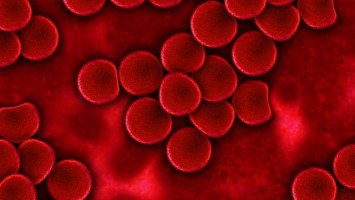
A new research perspective was published in Oncotarget's Volume 14 on August 7, 2023, entitled, “CDK9 INHIBITORS: a promising combination partner in the treatment of haematological malignancies.”
In their new perspective, researchers Daniel Morillo, Gala Vega and Victor Moreno from Hospital Fundación Jiménez Díaz discuss Cyclin-dependent kinases (CDK) in haematological malignancies. CDKs belong to a family of serine/threonine kinases that need to form heterodimeric complexes with cyclins to perform their functions. These kinases are involved in multiple processes within cells, including cell cycle, apoptosis, transcription and differentiation. These kinases are often overexpressed in different malignancies, making them potential targets for new drugs.
Most haematological malignancies are characterised by overexpression of certain cancer-promoting genes, such as MYC, MCL1 and cyclin D1. Preclinical studies in animal models have shown that CDK9 inhibitors suppress the transcription of these anti-apoptotic and pro-survival proteins, and suggest their potential synergism with other drugs. In its first-in-human trial, enitociclib demonstrated clinical activity in a small cohort of patients with high-grade B lymphoma with MYC and BCL2 and/or BCL6 rearrangements, inducing complete responses in 2 of 7 subjects (29%) in monotherapy.
“In summary, most haematological malignancies are characterised by overexpression of certain cancer-promoting genes, such as MYC and MCL1. CDK9 inhibitors are relatively new drugs that inhibit transcription of these anti-apoptotic and pro-survival proteins.”
Source: Impact Journals LLC
The World Cancer Declaration recognises that to make major reductions in premature deaths, innovative education and training opportunities for healthcare workers in all disciplines of cancer control need to improve significantly.
ecancer plays a critical part in improving access to education for medical professionals.
Every day we help doctors, nurses, patients and their advocates to further their knowledge and improve the quality of care. Please make a donation to support our ongoing work.
Thank you for your support.